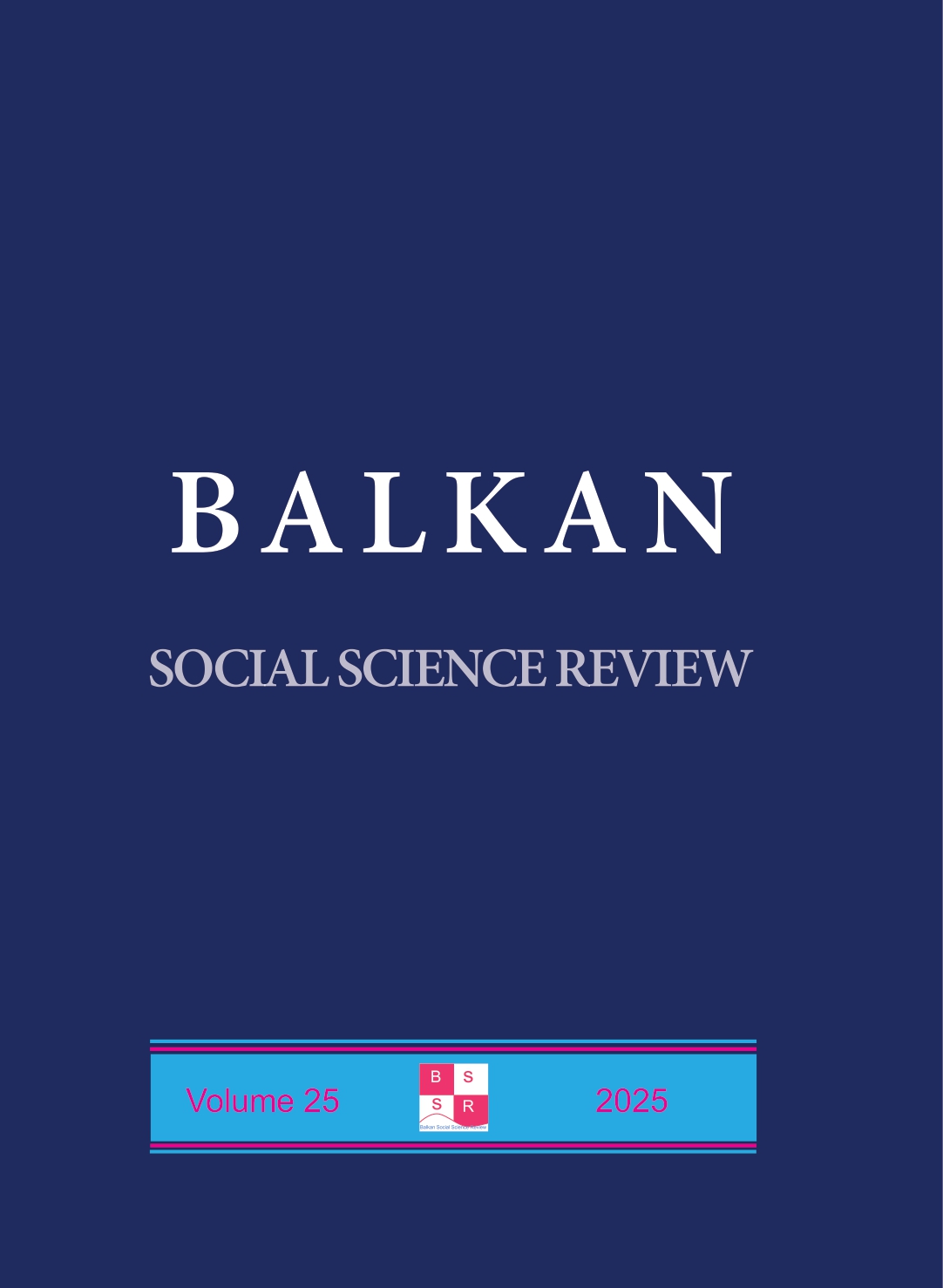SOCIAL AND IDEOLOGICAL PRECONDITIONS FOR THE FORMATION OF EUROPEAN NATIONALISM AMID THE RADICALIZATION OF POLITICAL PROCESSES IN EUROPEAN COUNTRIES IN THE EARLY 21ST CENTURY
DOI:
https://doi.org/10.46763/BSSR252525283yAbstract
This article explores the rise of sovereignism in European countries amid the radicalization of political discourse and the ongoing crisis of the European integration project, which has struggled to address the socio-economic and political challenges facing European societies. The research highlights a notable shift in electoral preferences toward nationalist parties, which continue to gain political legitimacy and expand their influence within both national and supranational institutions. The study investigates the underlying causes of the growing ideological confrontation between liberal-integrationist and nationalist forces, the latter of which now represent a significant and organized political presence in Europe. Key characteristics of contemporary nationalist ideology are identified and analyzed. Sovereignism is conceptualized as a socially constructed phenomenon, rooted in evolving national self-awareness and symbolic narratives shaped by historical and political contexts. While the expression of nationalist sentiment varies across regions, its radicalization can contribute to destabilizing political dynamics. In response, European policymakers and scholars are actively seeking strategies to mitigate the rise of polarizing nationalist rhetoric. The author argues that the political legacy of Gaullism offers a potential framework for reconciling national sovereignty with European cooperation and for fostering a more balanced and inclusive political trajectory for the continent.
Downloads
Downloads
Published
Issue
Section
License
Permissions
Authors are expected to obtain permission from copyright holders for reproducing any illustrations, tables, figures or lengthy quotations previously published elsewhere. BSSR will not be held accountable for any copyright infringement caused by the authors.
Copyright
The content offered in the BSSR remains the intellectual property of the authors and their publishers respectively. University “Goce Delcev”- Shtip, R. Macedonia and BSSR keap the right to promote and re-publish the texts.


